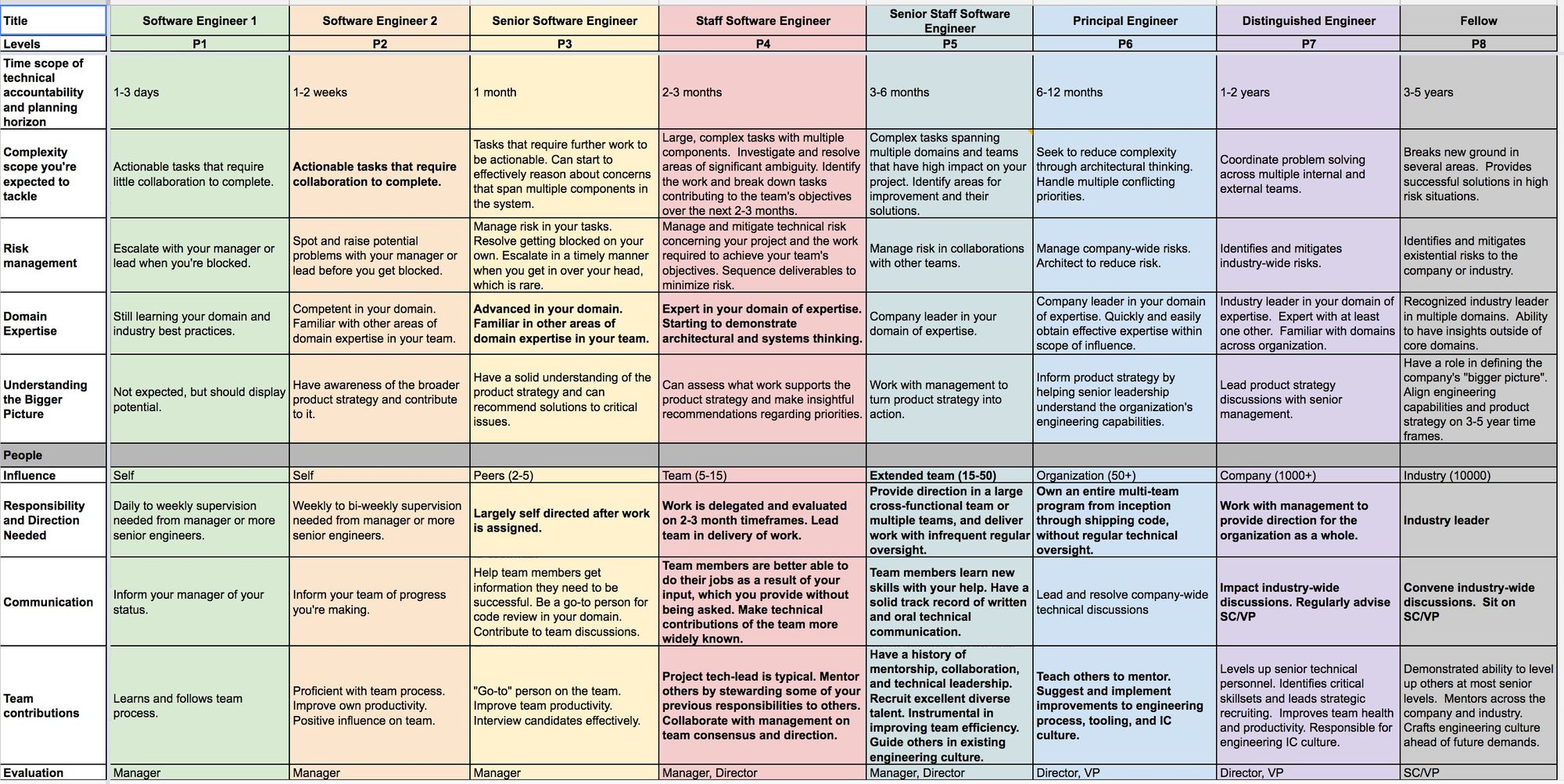Levels of Impact

If you're a mid to senior marketer, here's a useful exercise that acts as as a sanity check to make sure you're spending your time doing high-value activities.
The different levels of impact you can have as a marketer:
- Tactical changes
- Campaign execution
- Internal reporting
- Team strategy
- Budgets and resourcing
- Company strategy
- Leadership culture
In summary: early in your journey, make sure you have a proven track record in the lower levels. As you become a people manager, attain mastery in your current levels then always try to affect the level above you.
Levels 1-3: IC Work
Writing emails. Doing A/B tests. Setting up a booth. Running a webinar. Launching an ad campaign. Doing an SEO audit.
A trap that some senior marketers fall into (myself included) is spending too much time here. It feels good to do it in the moment – you're proving you can "get your hands dirty" – but it's almost always at the expense of some bigger impact you could be having. If you work for someone who was a really strong execution IC, you'll need to manage up to prevent them from hassling you over copywriting and social copy. Don't get angry at them – they can't help it.
But the call for marketing team leaders is clear here: do as much as you need to, and no more, then figure out how you can fire yourself from those jobs as quickly as possible.
Levels 4-5: Middle Management
Writing memos. Presenting at offsites. Setting up OKRs. Negotiating for headcount and program spend.
Most of us will spend the majority of our careers here. It's almost a disservice to reduce it to 2 bullet points, because these two things are really hard. But because they're really hard, most of your time and attention should be spent here.
Related: read my summary of High Output Management
These levels are also important levers: they impact the lives of everyone working on the lower levels.
A great team strategy compensates for a meh ad campaign. A poorly-resourced team with a perfect strategy is doomed.
If you're not yet at these levels and you'd like to be: start by developing and documenting your opinions on how these things should work. Start writing short memos and putting decks together. You may be surprised how few people do this and what it can do for increasing your internal credibility.
Levels 6-7: Company Leadership
Company vision. People strategy. Culture decks. Fundraising. Board presentations. Financial controls.
The really successful people I've seen in this role act more like "company steward" and not just "person who handles marketing." They're able to have a discussion with the legal team, the finance team, product, etc and connect the dots about how all the pieces fit together.
Most important, they shape the culture. If they leave, the entire company – not just the ones that fall under their org chart – feels their absence. That phrase "culture eats strategy for breakfast" never clicked for me until I worked under a leader who embodied this.
Using this as a career rubric
One thing I like to do is to look at career rubrics and frameworks for other departments. Engineer career paths are particularly useful, because they're often very precise and well-defined (as you would expect from engineers!)
Here's one of my favorites from Mozilla. While they aren't a perfect overlap to the 7 levels I listed above, they provide a specific definition that can help make them actionable.

Remove the first and last rows (Title, Evaluation) and look past some of the engineer/product specific talk and you have a pretty clear articulation of what the different levels of impact look like, regardless of department.
This is a great framework you can use (a) to check whether you're working on high-value activities, (b) to act as a check on your career and (c) to help guide your team to make sure they're developing and improving.
I also posted something similar on LinkedIn here. Looking forward to hearing what you think.